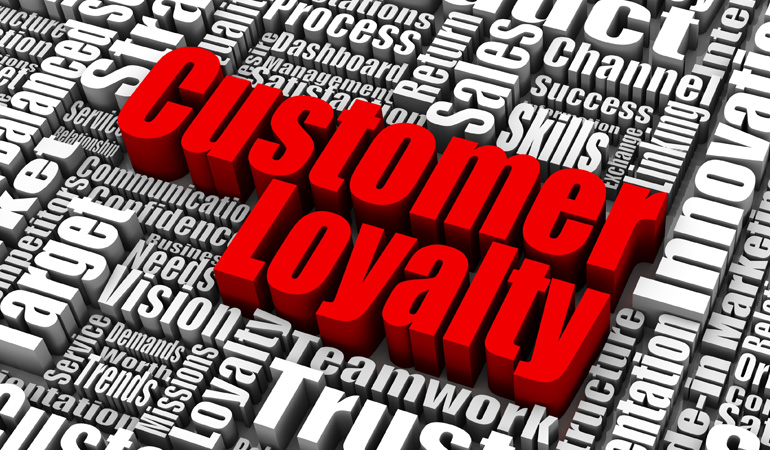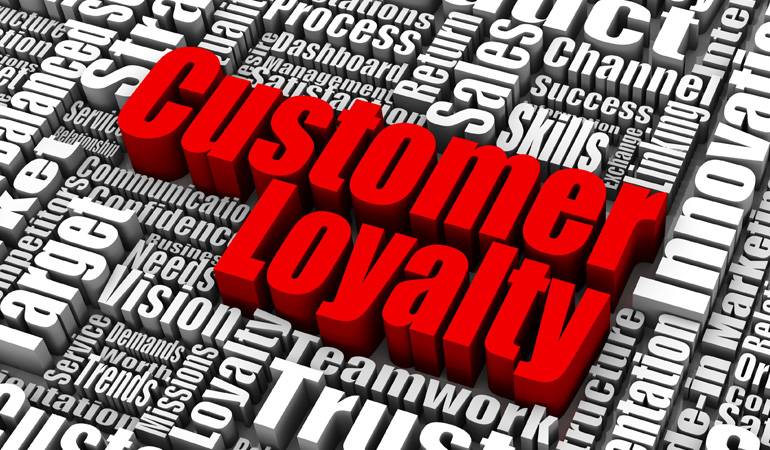Retailers struggle to focus on customer needs.
The vast majority of retailers are seeing increased sales from loyalty programs, but their full commercial potential is not being realised due to a low focus on customer needs, according to the latest Commonwealth Bank Retail Insights Report.
The report reveals 79% of retailers derive commercial benefits as a result of loyalty programs, with 36% seeing a significant increase in sales.

Many retailers said loyalty programs were important to their business, and earlier Commonwealth Bank research confirmed 77% of customers are more likely to return to a store that offers a loyalty program; 82% are more likely to spend more in a store when they feel valued.
“Despite the benefits to retailers and support from consumers, there is a lot of noise suggesting neither party are getting as much value as they expected. We think that’s because some loyalty programs are designed to meet the needs of retailers rather than their customers. For example, less than 40% of retailers we talked to sought to better understand customers’ wants and needs through their scheme,” Commonwealth Bank Corporate Financial Services executive general manager Michael Cant explained.
More retailers (20%) plan to introduce loyalty programs, joining the 44% who already
have programs in place. Loyalty is also the most the equal top priority for increased investment, nominated by 41% of all retailers surveyed.
The report shows the nature of loyalty programs is changing, with immediate benefits at point of sale the focus for 64% of retailers who plan to introduce a scheme. Whereas existing loyalty programs are more likely to feature points that accrue for a future benefit.
Commonwealth Bank, national manager retail, Jerry Macey said, “This reflects both changing consumer demands and a more competitive environment, with retailers vying to offer the most attractive program. But it also runs the risk that retailers are sacrificing margins to drive volumes without significant gains in loyalty or trust.
“Rather than focussing on price alone, retailers have an opportunity to build a relationship of trust and create a community of engaged members. However, only around one in five retailers say their reason for building a loyalty scheme is to align their business with future customer behaviour.”
Two thirds of retailers with loyalty programs indicated they are using the data to enhance the
customer experience through personalisation, with the majority agreeing that personalisation is very important to the customer experience. Almost two-thirds (65%) believe personalisation strategies have helped to increase sales, with 28% saying they boosted sales significantly.
Similarly, three-quarters (74%) of Australians said they will stay loyal to a business that personalises their experience.
“Personalisation is clearly very important to retailers and consumers, however retailers could get more value from it by prioritising understanding their customers above shorter-term sales objectives. By definition, the better you know your customer, the closer you get to true personalisation and your loyalty program reaps the benefits,” Macey said.
The report shows that a lack of high quality data remains a key barrier to effective personalisation, with 83% of all businesses agreeing it stops them achieving the level of personalisation they might otherwise offer.

